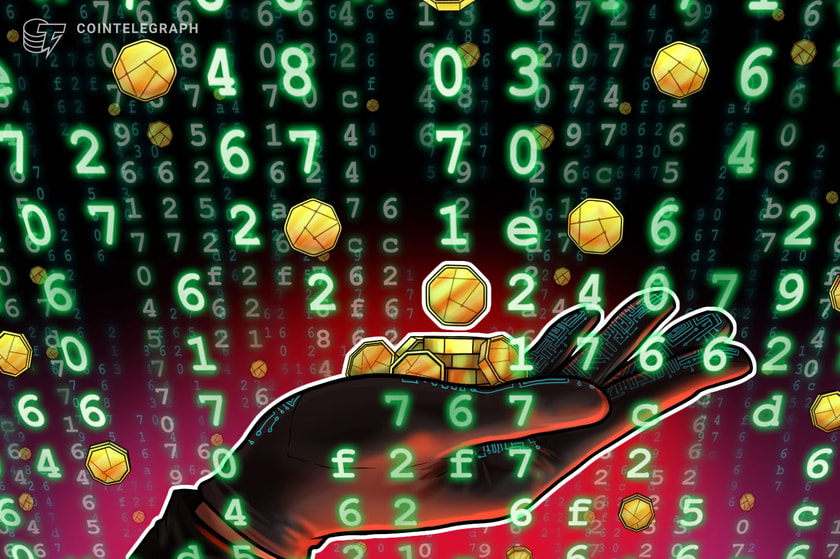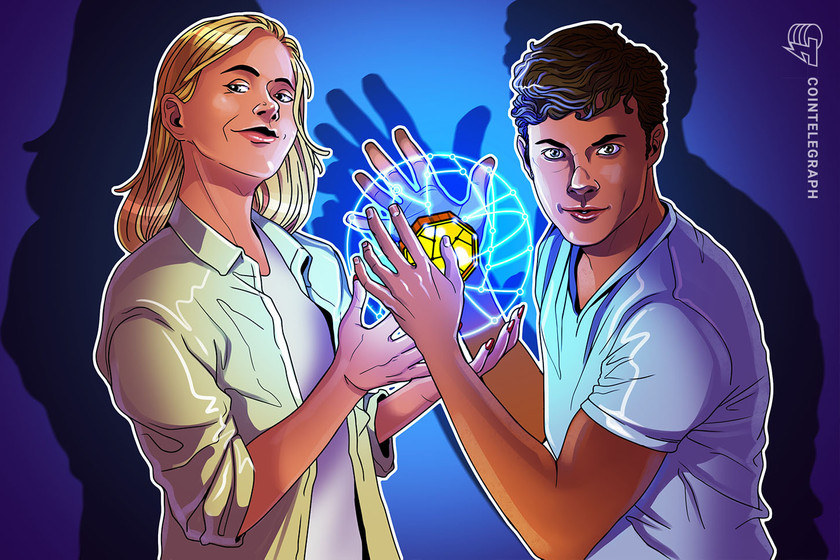Ethereum devs constitute the vast majority of Decentralized Finance (DeFi) application (DApp) creators, according to a report by Binance Research on June 6.

Number of DApps per blockchain, courtesy of Binance Research
According to the report, DeFi can be thought of as the following:
“An ecosystem comprised of applications built on decentralized networks, permissionless blockchains, and peer-to-peer protocols for the facilitation of lending/borrowing or trading with financial instruments.”
This ecosystem purports to offer a permissionless, decentralized network for users, who reportedly retain full custody of their crypto assets. According to the report, the main underpinning of this ecosystem consists of lending and borrowing platforms that support blockchain assets. One of the primary pairs of blockchain assets used on DeFi, for example, is the token MakerDao (MKR) and its sister stablecoin Dai (DAI).
The report argues that since Ethereum is the largest blockchain platform by market cap, it makes sense that its the birthplace of most DApps. However, this may change with the introduction of new and growing platforms such as EOS.
As reported in May by Cointelegraph, New York-based blockchain firm ConsenSys recently published a “Blockchain and DApp Developer Job Kit” to support prospective developers looking to write DApps in JavaScript, Python, or Solidity on the Ethereum blockchain.
The blockchain/DApp kit explains core topics of the field, such as consensus algorithms, smart contracts, miners, security incentivization, token standards, scalability, public and private key encryption, digital signatures, zero knowledge proofs, and trusted execution environments.









